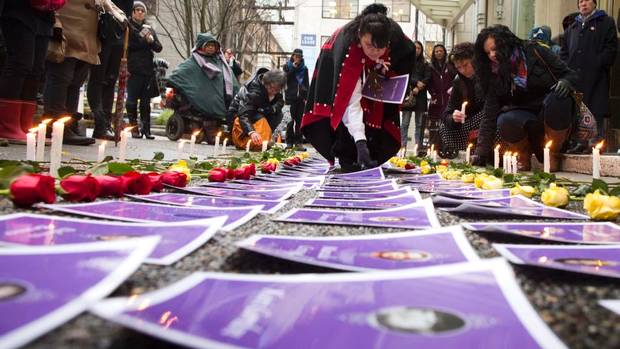It felt completely unnatural to even type out the title of this article; after all, one of the long-standing features that distinguishes Canadian culture from that of our American counterparts is our seemingly anti-gun culture.
However, with the tragically fatal shooting in downtown Toronto recently, which took the life of a young woman Jelena Loncar, Canadians are reminded that there is room for improvement in our national gun policy, and the impact the current policy is having on cultural values and societal welfare.
According to GunPolicy.org, a website that provides public health-oriented information on armed violence and small-arms policy around the world, the number of guns (both licit and illicit) held by civilians in Canada is 9,950,000. Furthermore, the estimated rate of private gun ownership in Canada is 23.8 firearms per 100 people. Canada has the thirteenth highest rate in the entire world, and is second only to the United States when compared to the world’s main Anglo-American democracies (UK, Australia, New Zealand). Canada’s gun ownership rate is also higher than that of Mexico (15 per 100 people) and Russia (9).
While the Canadian gun-toting environment is nowhere near that of the United States, it is worth noting that gun sales in Canada have increased by nearly 10% since 2008. This fact, combined with the Harper government’s decision to cease the long-gun registry in 2012 leaves some Canadians with a diminished sense of comfort and safety.
In 2011, before the long-gun registry was abandonned, there were approximately 7.8 million registered gunsof which 7.1 million represented non-restricted firearms. To clarify, guns categorized as restricted or prohibited are defined as handguns with semi-automatic discharging capacity, issued for very limited purposes: target practice, target shooting competitions or as part of a collection. Furthermore, there are strict conditionsthat individuals must fulfill in order to gain a license for a restricted or prohibited firearm.
When we compare the number of firearms to the homicide rate we see that handguns account for 62% of all homicides in Canada. When we combine this statistic with the fact that as recently as 2011, nearly 700,000 guns were either restricted or prohibited, gun use in Canada remains frightening, especially within large metropolises.
It is a personal right and natural instinct to ensure safety on a day-to-day basis, and so it seems unnecessary as a Canadian with such rights and tendencies to be worried about a developing gun culture. Or is it? Why is it that being Canadian makes me feel as if gun control isn’t a subject for which I must remain concerned? I believe it’s because the Canadian government and its law enforcement agencies, such as the RCMP, have the capacity and arguably the moral obligation to enhance, not degrade, Canadian public safety and the perception of that safety.
Many Canadians understand that the long-gun registry was a costly initiative that did very little to reduce crime, since long-guns are rarely the firearms used by criminals in the first place. However, if the number of restricted and prohibited guns is known to be 700,000 – and growing – shouldn’t the government be prioritizing and devising a way to specifically register and monitor these firearms?
In the prevention or investigation of a crime, any information is better than no information. Information about one individual from a database can potentially decipher networks of individuals and sources of resources, which, in turn, leads to more information. And while it may be an expensive initiative without the guarantee of answers relating to gun related homicide investigations, when it involves the lives of Canadians, can the government afford to give up on the chance for answers, regardless of how small? Let me provide an example. Rational criminals would not register a firearm that they intended to use in a homicide. However, what if that situation changed with a criminal stealing the gun from an individual whose gun was registered? In such a case, information from a gun registry could become valuable for investigators. A comprehensive gun-registry could also hold gun-owners liable for failing to report a stolen gun.
With growing gun sales and a rising number of restricted and/or prohibited guns surfacing on the Canadian landscape, I am confident that I am not the only Canadian experiencing an eroded sense of public safety.




